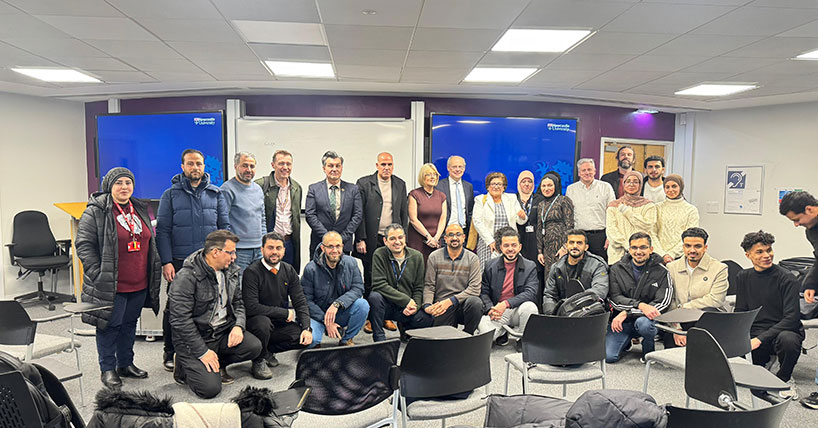Family youth employment
Family matters – the impact of families on social mobility
Published on: 19 March 2018
Young people whose families support them financially are not only more likely to remain dependent on their parents, but also become less ambitious new research has shown.
Family matters
A report by Newcastle University and membership organisation Youth Employment UK, has taken a close look at the impact families have on how young people view work and the effect on their prospects.
The Role of the Family in Social Mobility: Impact of Family Resources on Young People’s Progression analysed the effect of parental support on children.
“The research confirms ideas we have long thought to be true,” says Laura-Jane Rawlings, CEO of Youth Employment UK. “Such as young people whose parents have networks tend to get better paid jobs. In addition, we now understand that where parents provide too much support young people can become less independent and less ambitious. The research brings a new depth to understanding just how much the family matters and how we can support young people with little family resources and those with abundance to progress.”

Labour market challenges
The researchers highlighted the risks involved when young people are financially reliant on their parents. They include:
● An increase in intergenerational social inequality
● A tougher jobs environment for those who do not have parental support
● Social mobility propped up by parents – not by the young person getting on in the labour market.
However, the researchers also highlighted that the current generation are worse off than their parents were; with precarious employment, zero hours contracts, low wages and the transition from education to work taking longer and being harder– meaning many have no choice but to rely on their family’s help. Many still live with their parents or have had to move back home.
“Some young people are facing bigger challenges than others in the labour market, and a lot of it has to do with the resources their family has,” says Dr Emily Rainsford, Research Associate in Politics at Newcastle University. “It’s not surprising many turn to their parents for help. The jobs market is risky and family support can soften the ground.
“This research really drills in to the mechanisms of what works in families. It shows that families are important for fostering trust, attitudes to work and ambition and passing on the networks that lead to better paying jobs. It also shows how resources are concentrated and reproduced in families leading to an exaggeration of intergenerational inequalities.
"By knowing exactly what parents do to help their young people get on in life we make recommendations for how the rest of the community can step up and help those who do not have the family resources to support them.”
Need for communities to step up
Other findings showed that parents’ networks help their children get better paying jobs and their attitudes to work rub off on their offspring. Young adults whose mother and fathers showed them that work and money are directly linked, had a stronger ambition to become economically independent.
“We have always known that the role of the family matters in a young person's ability to fulfill their potential,” says Laura-Jane Rawlings. “For two decades we have discussed social mobility and tried to reduce the inequalities experienced by young people. We know that the policy reforms are not working and this report and recommendations call on the need for the communities around our young people to take bolder and braver action if we are ever to see a real change. If we really want Britain and its young people to achieve potential we must as a community step up.”
Researchers used data from the project Cultural Pathways to Economic Self-sufficiency and Entrepreneurship (CUPESSE), a collaborative EU funded project between 11 countries. The UK data consists of a representative sample of 3,000 young people aged between 18 to 35, and 450 parent and child pairs as well as conducted in-depth interviews with three generations of the same family in the Northeast of England.



